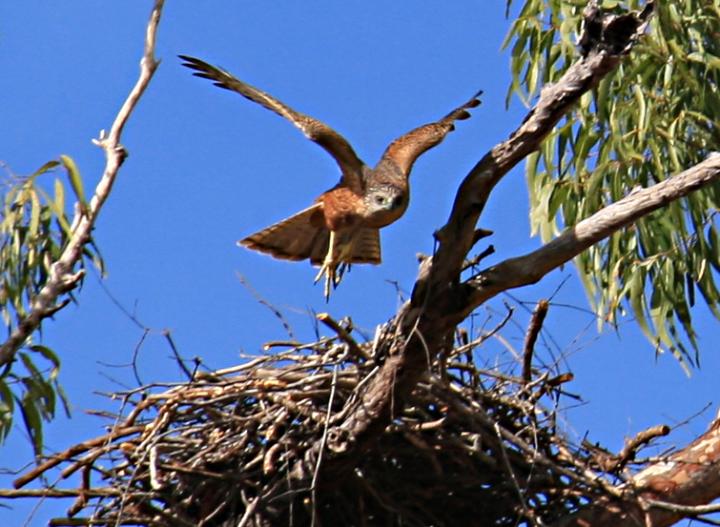
Credit: Summerdrought
As the world looks to tighten up the illegal capture of wildlife, migratory birds are being threatened by widespread and unsustainable hunting across the Asia-Pacific region.
University of Queensland-led research has revealed that three quarters of migratory shorebird species in the region have been hunted since the 1970s.
UQ PhD student Eduardo Gallo-Cajiao said the finding was deeply concerning, as these globetrotters were already under pressure from other human impacts.
“The Asia-Pacific is host to one of the most amazing animal migrations on earth,” Mr Gallo-Cajiao said.
“Every year, hundreds of thousands of shorebirds, wetland-dependent species, breed across the Arctic and boreal regions, moving south to Southeast Asia, Australia, and New Zealand along a migration corridor known as the East Asian-Australasian Flyway.
“The Flyway spans 22 countries, through which 61 species of shorebirds complete their epic annual migrations some covering up to 25,000 km each year.
“But many of these fascinating birds are unfortunately declining, with several on the brink of extinction.
“Until now, habitat loss due to the expansion of coastal infrastructure had been identified as one of the main causes of their declines, particularly around the Yellow Sea region of China and the Korean peninsula, where many birds stop to rest and feed on their migrations.
“The scale and significance of hunting was unknown prior to this study, and it’s clear that it’s likely contributed to declines of migratory shorebirds in this region.”
The team worked for four years assembling all available evidence on hunting – analysing hunting records from 14 countries, involving 46 species.
But there are knowledge gaps, as they could not find data for eight countries.
Currently, there are five shorebird species at high risk of extinction in this region, including the critically endangered spoon-billed sandpiper, of which fewer than 500 remain.
“Our study discovered that other threatened species that have been subject to hunting include the great knot, far eastern curlew, and spotted greenshank,” Mr Gallo-Cajiao said.
UQ’s Professor Richard Fuller said managing hunting was complicated by the broad range of people involved, from recreational hunters to subsistence hunters and commercial traders.
“At least some hunting is driven by issues of food security, so sustainable development must be considered when developing alternatives for management,” Professor Fuller said.
“There’s no coordinated monitoring of how many shorebirds are taken annually across the region, which makes management really hard.
“Internationally coordinated approaches to address hunting are now underway, including through the UN Convention on Migratory Species, but these efforts need to be drastically ramped up to avoid extinctions and maintain healthy wildlife populations.
“Additional ground surveys and an international coordinated monitoring strategy are also urgently needed.”
###
The research has been published in Biological Conservation (DOI: 10.1016/j.biocon.2020.108582) and was a collaboration between 13 institutions across nine countries.
Media Contact
Eduardo Gallo-Cajiao
[email protected]
Related Journal Article
http://dx.




